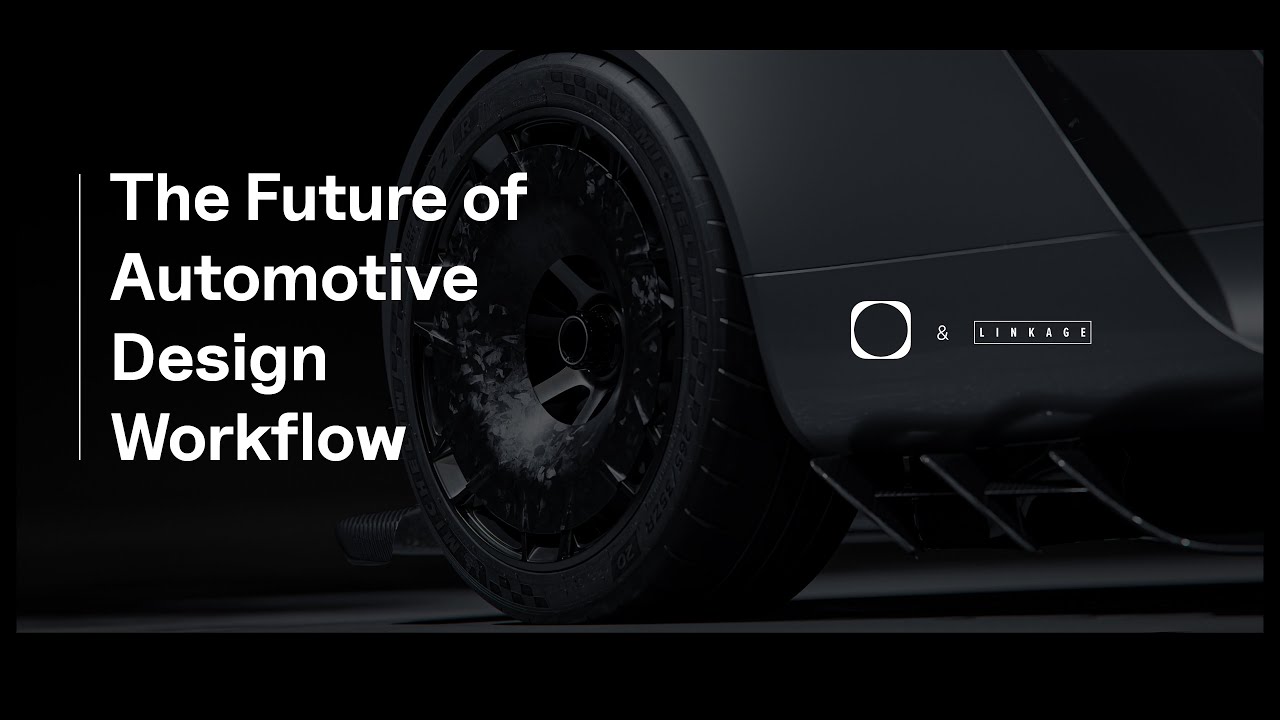
McLaren Joins Forces with Divergent Technologies to Revolutionize Automotive Design
In an exciting collaboration set to reshape the automotive landscape, McLaren Automotive has formed a partnership with Divergent Technologies, a leader in industrial digital manufacturing based in California. This multi-year endeavor aims to leverage additive manufacturing techniques, enhancing vehicle performance, sustainability, and production efficiency.
Exploring the future of automotive design through additive manufacturing.
Divergent Technologies is renowned for its innovative capabilities in using 3D printing to create complex structural designs. Their acclaimed Divergent Adaptive Production System (DAPS) combines AI-driven generative design software, robotics, and 3D printing technology into a streamlined process for manufacturing vehicle components. This system allows for highly sophisticated designs that were previously unattainable with traditional manufacturing methods.
Through this collaboration, McLaren plans to utilize DAPS to produce chassis components for their next-generation supercars. This move promises to further reduce vehicle weight and enhance dynamic performance—two characteristics that are quintessential to the McLaren brand.
A New Era in Automotive Design
The partnership between McLaren and Divergent marks a significant leap forward in the automotive sector. As noted by McLaren’s CEO, Michael Leiters, this collaboration is not merely about working with cutting-edge technology; it’s about rethinking how vehicles are designed and manufactured entirely. “We’re excited to work with Divergent who, like McLaren, has demonstrated a commitment to manufacturing and engineering innovation. This technology will help us to further reduce weight in our complex structures, which will ultimately benefit the driving experience of our customers and support McLaren’s mission to push the boundaries of performance.”
The sleek design of McLaren’s latest supercar meets innovative manufacturing.
The potential of DAPS extends far beyond just McLaren. By adopting this technology, the automotive industry as a whole can progress towards more sustainable and efficient manufacturing practices. With additive manufacturing, the industry can fundamentally change how cars are built, reducing waste and improving energy efficiency—issues that are paramount in today’s context of climate change and resource scarcity.
The Future of Lightweighting
One of the most significant benefits of additive manufacturing is its potential for lightweighting—an aspect that McLaren intends to exploit fully. By implementing 3D printing techniques, parts can be manufactured with only the necessary components, eliminating excess weight without compromising strength or functionality. This not only enhances vehicle performance but also contributes to better fuel efficiency.
Kevin Czinger, CEO of Divergent, expressed his optimism regarding this collaboration: “Our collaboration speaks to McLaren’s commitment to adopting the highest performance technology to push the envelope on customer experience. DAPS offers automotive manufacturers the means to harness computing power to deliver fully optimized, digitally manufactured structures with unparalleled design freedom.”
Driving Change in the Automotive Industry
As more automakers begin to recognize the capabilities of additive manufacturing, we can expect a wave of innovations reshaping the market landscape. Companies are likely to expand their R&D resources to integrate such technologies into their production lines, leading to exciting developments that could revolutionize the entire industry.
In my own exploration of this field, I have witnessed firsthand how advancements in manufacturing technology can pivot the direction of entire industries. Having worked closely with engineering firms focusing on innovation, it is exhilarating to see a storied brand like McLaren leading the charge. The possibilities are vast, and each new partnership like this one introduces more promise for the future.
 Paving the way for a new generation of vehicles.
Paving the way for a new generation of vehicles.
Conclusion: A Transformative Collaboration
In conclusion, the partnership between McLaren Automotive and Divergent Technologies stands as a promising testament of how the automotive industry can evolve through the integration of advanced digital manufacturing techniques. By harnessing the power of additive manufacturing, they are not only enhancing their product offerings but are also paving the way for a more sustainable and efficient future. As both companies push the envelope in terms of design and performance, we can look forward to an exciting new era in the world of automotive technology.
With their innovative approaches set in motion, McLaren and Divergent illustrate that the road to the future is not just about speed, but also about intelligence and sustainability. This is the essence of modern automotive design—where performance meets responsibility.















